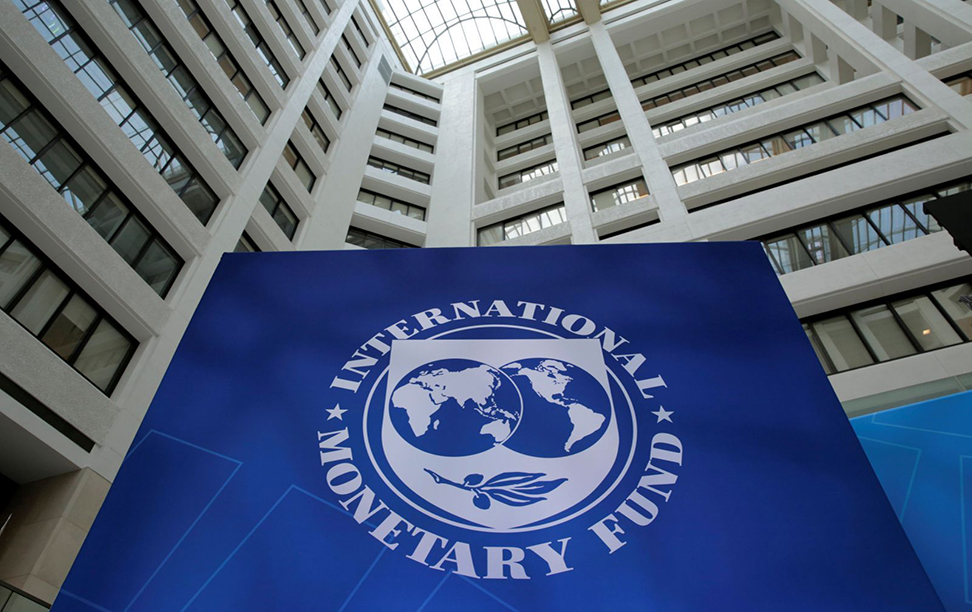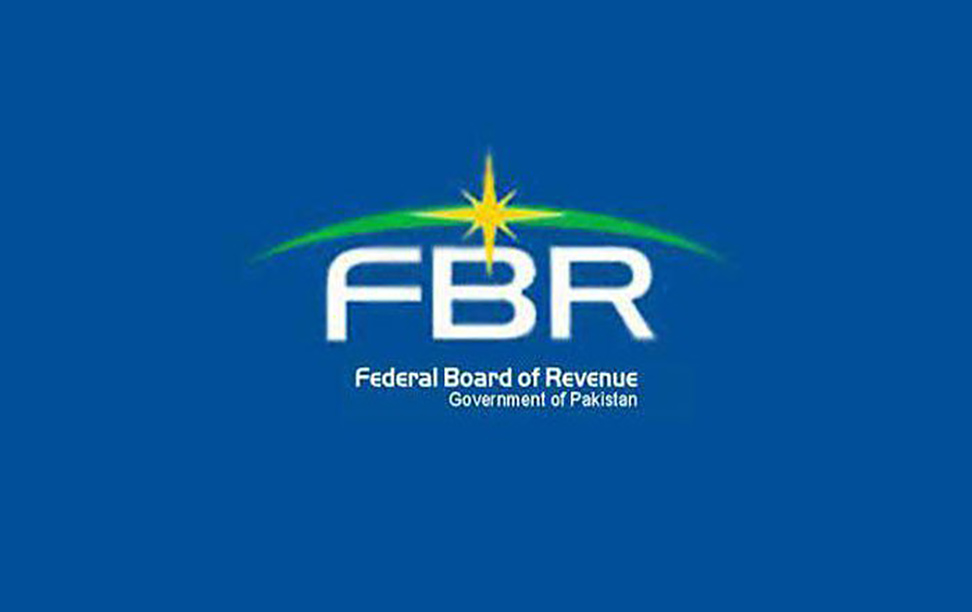July 18, 2023 (MLN): A tighter monetary policy stance is critical to reduce inflation, re-anchor expectations, and support external sector rebalancing through the exchange rate, Staff Report issued by the International Monetary Fund (IMF) issued today.
The fund welcomed the recent move of SBP of increasing the policy rate. The authorities have generally been sanguine about inflationary pressures quickly receding and returning to their 5–7% inflation target range by end-FY25.
Staff emphasized that the SBP will need to continue its tightening cycle to re-anchor expectations given that inflationary pressures are expected to persist over the coming year, including because the impact of exchange rate corrections will continue to reverberate through the economy.
“The SBP agreed to maintain a tight monetary policy stance—higher rates and prudent use of liquidity injections— as needed, given incoming data, to achieve real positive interest rates, on a forward-looking basis, and place inflation and inflation expectations on a clear downward path,” the report reads.
At the same time, improving the monetary transmission and the monetary operation framework will be important. The SBP is also committed to not introducing new refinancing schemes and to keep the outstanding credit of the refinancing facilities below their current limits.
External Imbalances:
On external imbalances, the fund is of the view that reducing external imbalances and rebuilding reserves requires permanently ending administrative controls and actions to manage the current account and returning to a market-determined exchange rate.
The reliance on administrative measures to manage imports since May 2022 and the tightly controlled exchange rate since September 2022 have caused significant damage to growth and exacerbated external pressures by dissuading inflows, especially remittances.
These interventions have undermined public trust in the exchange rate system and, going forward, it will be necessary to ensure that the exchange rate will be market-determined, allowed to act as a shock absorber, and free from formal or informal guidance or restrictions.
The Staff also recommended unwinding the January 2022 shortening of the period for repatriation of export proceeds as macroeconomic and BOP stability is restored.
Foreign Exchange for Imports:
On December 27, 2022, the authorities introduced guidance to banks on prioritization of import transactions which, although legally non-binding, gave rise to a new exchange restriction, given the close monitoring by SBP, adherence by banks, and associated undue delays in certain ‘non-priority’ import payments, the report said.
The relevant circular was withdrawn on June 23, 2023, and staff would be looking to confirm that the discouraging effect on banks of the circular and the authorities’ relevant informal guidance has ceased in practice.
“Pakistan continues to maintain an exchange restriction resulting from the limitation on advance payments for imports against letters of credit (LCs) and advance payments beyond a certain amount per invoice (without LCs) for the import of eligible items (imposed in 2018),” the report added.
The authorities noted concern about disorderly conditions in the FX market, should these restrictions be removed while complementary macroeconomic policies have not yet fully kicked in.
It requested more time to eliminate these remaining restrictions when BOP conditions permit by the end of the SBA in April 2024.
Exchange Rate:
Following the depreciation in late January and further moves in March, FX market functioning has improved, and some liquidity has returned to the market.
Meanwhile, rates in the interbank and open market have converged, although a sizable premium remains in the informal market. Going forward, restoring full market determination of the exchange rate is expected to ensure that the interbank–open market premium remains within a ±1.25 % range on average (continuous SB).
Staff emphasized that a functioning and flexible exchange rate market should be the means to address BOP pressures, rather than administrative and exchange measures.
IMF believes that the delays and gaps in the area of program implementation under the 2019-23 EFF, should be assessed in the context of shocks that Pakistan has experienced since 2020.
Despite all these shocks from the pandemic to the surge in commodity prices to floods to political uncertainties, the country has shown considerable resilience.
“We believe that the proposed SBA will help neutralize the risks highlighted by staff, and henceforth request its approval by the Executive Board,” it said.
The report further added that the Pakistan authorities wish to reiterate their ownership and unflinching commitment to macroeconomic stability and reforms in the context of the SBA against the backdrop of a complex global environment and socio-political challenges at home.
Copyright Mettis Link News
Posted on: 2023-07-18T22:36:14+05:00







